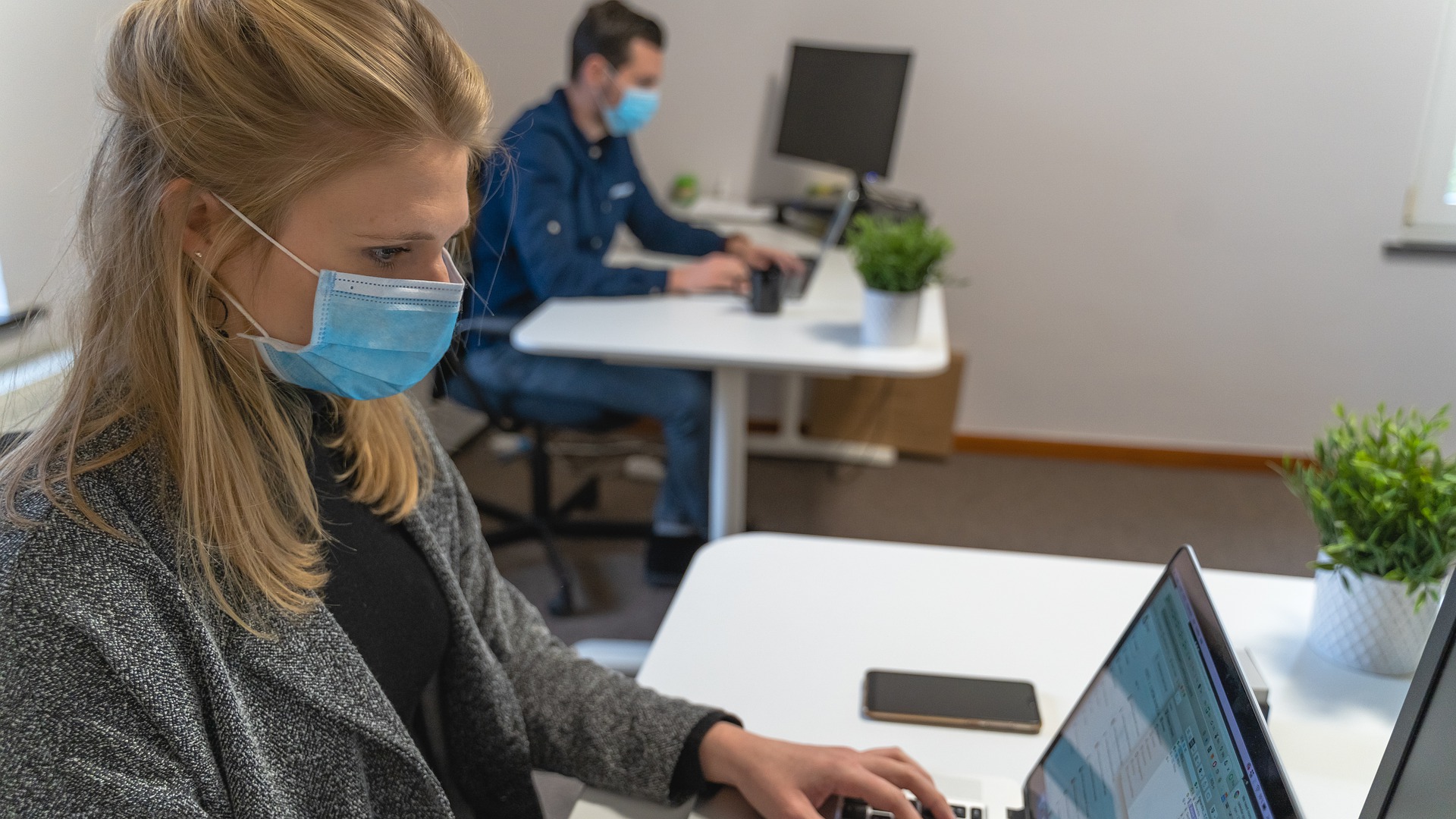Media release
From:
MEDIA CALL: OzSAGE releases advice on duty of care and increased movement in workplaces
WHAT:
Restrictions lifting across Greater Sydney today will see virus spread accelerate. OzSAGE will provide advice on a plan for businesses as they open up and provide an update on Aboriginal and Torres Strait Islander communities.
WHEN:
11 October, 3.00pm
WHERE: https://uni-sydney.zoom.us/j/84284075951?from=addon
WHO:
Ms Kate Cole
Professor Richard Holden
Professor Stephen Duckett
BACKGROUND:
OzSAGE is a diverse and multi-disciplinary network of independent Australian experts who are an additional resource for governments, non-government stakeholders and the community within Australia.
This group of experts formulates independent advice on public health, health systems and other policy matters relevant to COVID-19 control and the well-being of the Australian population during and after the pandemic. Their advice is underpinned by the best scientific evidence, modelling and by our values and principles.
Modelling (done by The Biosecurity Program, Kirby Institute, UNSW) of possible scenarios following relaxing of restrictions during the Roadmap on the health system in NSW will also be presented.
OzSAGE provided a series of recommendations for the safe re-opening of Australia to complement the National Plan and assist with the country’s goal of achieving an exit strategy with the best possible health, social, and economic outcomes.
Full advice can be found at www.ozsage.org.
OzSAGE PRESS RELEASE - EMBARGO UNTIL 3pm, 11 October 2021
Back to work - supporting employers to create safe and productive workplaces.
Going back to work is a major part of opening up society, and we need to adapt to a world where COVID-19 will remain a risk at work. We need to be smart and agile in how we plan business continuity, to ensure the virus does not take over. OzSAGE provides practical guidance for businesses on opening safely, and a convenient infographic on safe indoor air.
Relaxing requirements under Public Health Orders does not override an employer’s duty of care under work health and safety legislation, nor do Public Health orders cover all potential ways to efficiently protect employees and customers/clients.
Many businesses and employers, especially small and medium ones do not have adequate information or resources to navigate the complexities of being COVID-safe. Businesses need practical advice on what they can do to ensure business continuity and safety. This new OzSAGE advice provides well-founded, simple guidance for organisations small and large.
SARS-CoV2 is airborne and is a vaccine preventable disease. Understanding how it spreads is the foundation to planning a safe and productive workplace. Overseas experience with the Delta variant shows that vaccines alone are not enough to control COVID-19, and that a layered plan including safe indoor air, masks, testing, tracing and work planning is needed to ensure business continuity and avoid a cycle of stop-start lockdowns.
In NSW, increased movement and mixing of people after restrictions are lifted today will result in greater spread of the virus, because the 80% target corresponds to about 64% of the population, and a vaccine-only approach is not enough. Singapore, with higher levels of vaccination than NSW, has learnt this lesson.
If we reduce other public health measures while relaxing movement restrictions, virus spread will accelerate. The NSW intention to reduce mask mandates will likely result in a resurgence of infection, and we recommend workplaces maintain indoor mask use to decrease the risk of a stop-start cycle of lockdowns and disruption to work.
Vaccines PLUS and Ventilation are part of this, and smart planning at work is the other.
OzSAGE provides a layered plan for businesses including:
- Ways to change work practices and planning to minimise risk
- How to test and ensure safe indoor air
- The use of rapid antigen testing at work
- Contact tracing at work
- Vaccination and face masks for workers
Ms Kate Cole, Professor Richard Holden and Professor Stephen Duckett will take you through the advice at 3pm, Monday October 11th.
OzSAGE’s Professor Jason Monty said that “Workplace safety is the cornerstone opening up society and to keep people safe from the effects of COVID-19 for the foreseeable future. By increasing awareness of workplace risk reduction strategies amongst employers and employees, we can help keep our workplaces safer from COVID-19 transmission with a range of controls and methods that are not all expensive or overly time-consuming.”
OzSAGE’s Dr Karina Powers said that "Embedding layers of controls against pandemic disease into your business, such as safe air and masking when needed, will make it far more
likely that your business will remain open, not be subject to disruptions, nor lose key staff or clients to illness. Despite vaccination levels, all controls are important to protect health as immunity to the vaccine wanes, and reduce transmission that can occur despite vaccination. Occupational and Environmental Physicians, the medical experts in safety, can assist where there is uncertainty regarding controls, including vaccination."
OzSAGE’s Kate Cole said that, “While much attention has been paid to cleaning surfaces and washing hands, employers need useful and practical guidance to effectively manage workplace risks associated with airborne transmission. In addition to the benefits of safer workplaces, this also results in safer communities.”
OzSAGE’s Professor Raina MacIntyre said “Once we accept that SARS-CoV-2 is airborne, it is clear that safe indoor air is essential and that masks indoors will play a role in safe working for some time. Until we have better vaccines or widespread use of boosters, the current vaccines are not enough to control the Delta variant – experience from other countries who have tried and failed tells us that. If we open up with safe indoor air and a vaccine-PLUS as a strategy, we may avoid a crippling cycle of repeated lockdowns”.



 Australia
Australia



